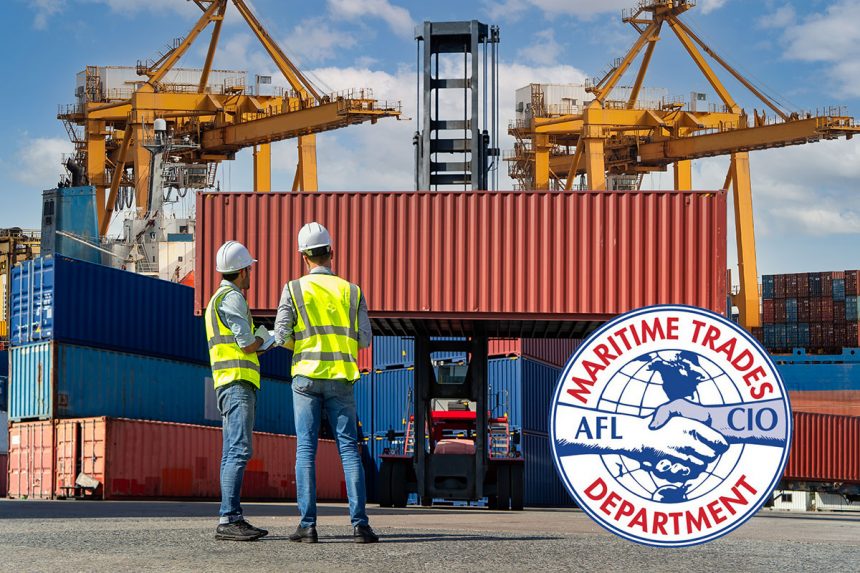The retired head of the U.S. Navy’s Pacific Fleet is calling on the Obama administration to rethink its approach to the P.L. 480 “Food for Peace” program, one of the nation’s most important cargo preference laws.
In a March 13 column in the Washington Times, retired Admiral James A. Lyons, who was commander in chief of the U.S. Pacific Fleet and senior U.S. military representative to the United Nations, questioned Congress’ and the administration’s decision to reduce P.L. 480 cargo preference requirements from 75 to 50 percent last year. Even worse in his view is the fact that such a reduction as well as talk of complete elimination of the Food for Peace Program would jettison valuable American jobs.
Lyons noted, “Ending food aid stamped with ‘Produced and made in USA’ and sending the money and expensive nongovernment organizations overseas to ensure that people are fed will only ensure more corruption and waste. For most of these poor countries, their farmers cannot produce enough food now, which is the reason the American taxpayer is providing it. Wouldn’t it be better to buy food from U.S. farmers and transport it in U.S.-flag vessels than to provide cash to questionable and corrupt regimes?
The admiral added, “It is also understood that the Maritime Administration believes that the Obama administration’s proposal to lower the cost of the food aid program through greater use of foreign-flag ships would quite simply be outsourcing American jobs in favor of foreign workers.”
Lyons opened his remarks, “For more than 200 years, the United States Merchant Marine has been a key element in our overall national security equation. It has supported our nation’s military operations and conflicts throughout the world.”
The admiral then wrote the reduction already passed by Congress “has serious consequences, as it has a significant adverse impact on the Merchant Marine.
“The Maritime Administration estimates that if the administration goes ahead with funding reductions for the Food for Peace Program, it will have a serious negative impact on U.S. sealift capability. The loss of the ships and the mariners in the labor pool will directly impact national security objectives by limiting available mariners to crew government rapid-response sealift ships when activated for emergencies.”

